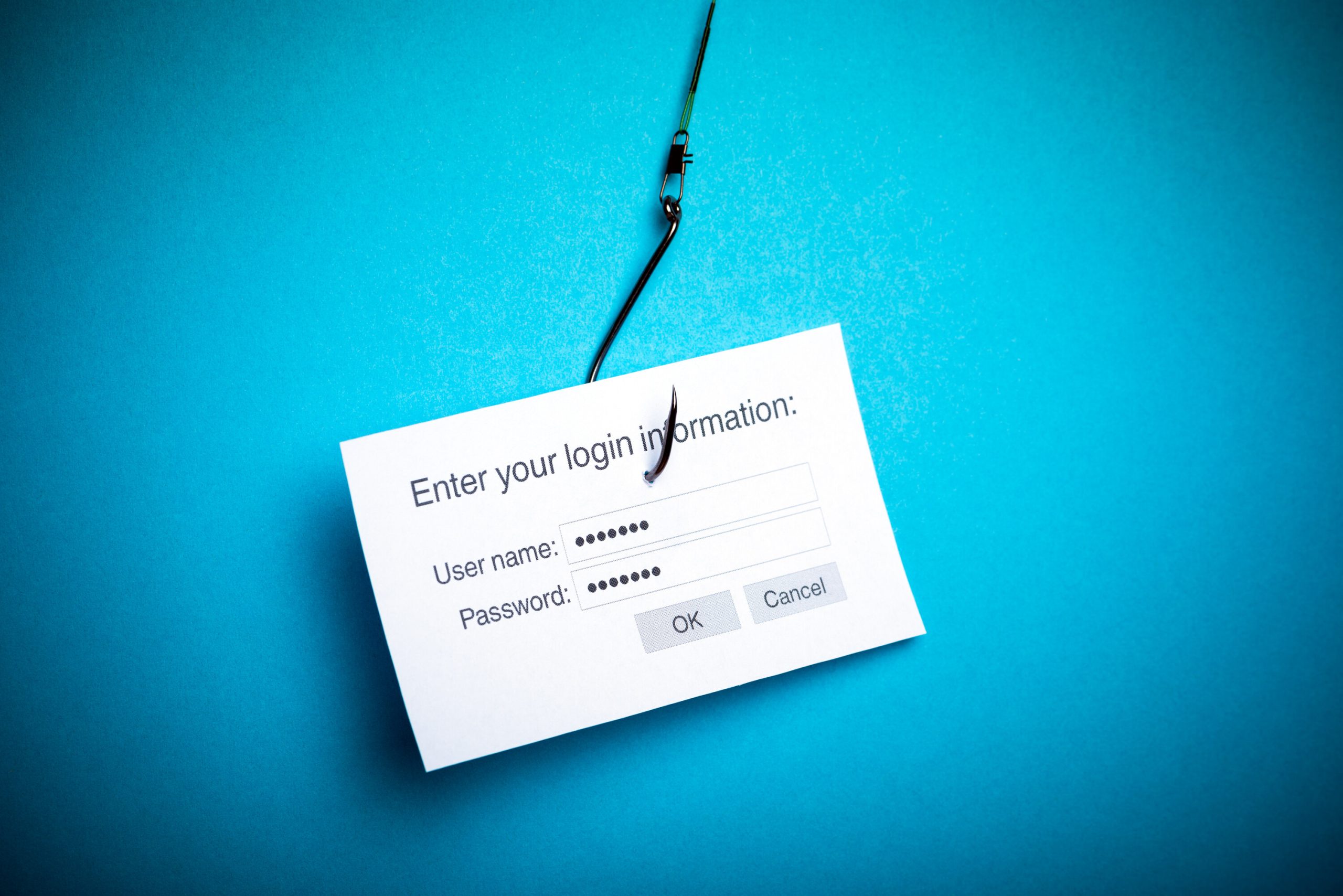
PIH Health, Inc. (PIH), a California health care network, has agreed to pay the OCR $600,000. The violations stem from an email phishing attack that exposed unsecured electronic protected health information (ePHI).
The settlement resolves an investigation that OCR conducted after receiving a breach report from PIH in January 2020. The breach report stated that in June 2019, a phishing attack compromised forty-five of its employees’ email accounts, resulting in the breach of 189,763 individuals’ unsecured ePHI. PIH reported that the ePHI disclosed in the phishing attack included affected individuals’ names, addresses, dates of birth, driver’s license numbers, Social Security numbers, diagnoses, lab results, medications, treatment and claims information, and financial information.
“Hacking is one of the most common types of large breaches reported to OCR every year,” said OCR Acting Director Anthony Archeval. “HIPAA-regulated entities need to be proactive and remedy the deficiencies in their HIPAA compliance programs before those deficiencies result in the impermissible disclosure of patients’ protected health information.”
Under the terms of the resolution agreement, PIH has agreed to implement a corrective action plan that will be monitored by OCR for two years and paid a $600,000 settlement to OCR. Under the corrective action plan, PIH is obligated to take definitive steps toward resolving potential violations of the HIPAA Rules, including:
- Conducting an accurate and thorough risk analysis of the potential risks and vulnerabilities to the confidentiality, integrity, and availability of its ePHI.
- Developing and implementing a risk management plan to address and mitigate security risks and vulnerabilities identified in its risk analysis.
- Developing, maintaining, and revising, as necessary, its written policies and procedures to comply with the HIPAA Rules.
- Training its workforce members who have access to PHI on its HIPAA policies and procedures.
Phishing attacks continue to pose a significant threat to the healthcare industry, exploiting human error to gain unauthorized access to sensitive patient data. These attacks typically involve deceptive emails or messages that trick staff into revealing login credentials, clicking malicious links, or downloading malware.
Due to the high value of protected health information (PHI) on the black market, healthcare organizations are prime targets for cybercriminals. Successful phishing breaches can lead to widespread data exposure, operational disruption, regulatory penalties, and loss of patient trust.
In recent years, the U.S. Department of Health and Human Services’ Office for Civil Rights (OCR) has intensified enforcement actions against healthcare entities that fail to implement adequate phishing defenses, such as employee training, risk assessments, and email security tools. As phishing tactics grow more sophisticated, healthcare organizations must prioritize a layered cybersecurity approach to protect against these persistent threats.
Securing email accounts is critically important, especially in sectors like healthcare, where sensitive information is routinely exchanged. Email is often the gateway to an organization’s internal systems and can serve as a direct path for cybercriminals to access protected health information (PHI), financial data, and other confidential content. Unsecured email accounts are particularly vulnerable to phishing attacks, credential theft, and unauthorized access, all of which can lead to data breaches, regulatory fines, and reputational damage.
What to do to prevent a Breach?
Implementing strong passwords, multi-factor authentication (MFA), encryption, and regular staff training are essential steps in safeguarding email communications. By fortifying email security, organizations not only reduce the risk of cyberattacks but also demonstrate a proactive commitment to protecting patients, and organizational data.
OCR recommends that health care providers, health plans, health care clearinghouses, and business associates that are covered by HIPAA take the following steps to mitigate or prevent cyber-threats:
- Review all vendor and contractor relationships to ensure business associate agreements are in place as appropriate and address breach/security incident obligations.
- Integrate risk analysis and risk management into business processes regularly.
- Ensure audit controls are in place to record and examine information system activity.
- Implement regular review of information system activity.
- Utilize multi-factor authentication to ensure only authorized users are accessing ePHI.
- Encrypt ePHI to guard against unauthorized access to ePHI.
- Incorporate lessons learned from incidents into the overall security management process.
- Provide training specific to organization and job responsibilities and on regular basis; reinforce workforce members’ critical role in protecting privacy and security.
If you need assistance with HIPAA Compliance, check out our HIPAA Keeper™. Our online compliance system has everything you need to get compliant and stay compliant. Your HIPAA Compliance Officer will have a HIPAA security analyst to guide and assist them every step of the way!

For more information or to speak to someone about HIPAA Compliance call us at 877.659.2467 or use the contact us form.


